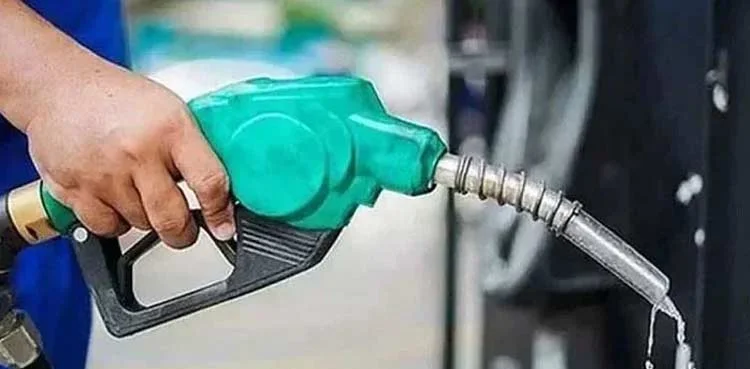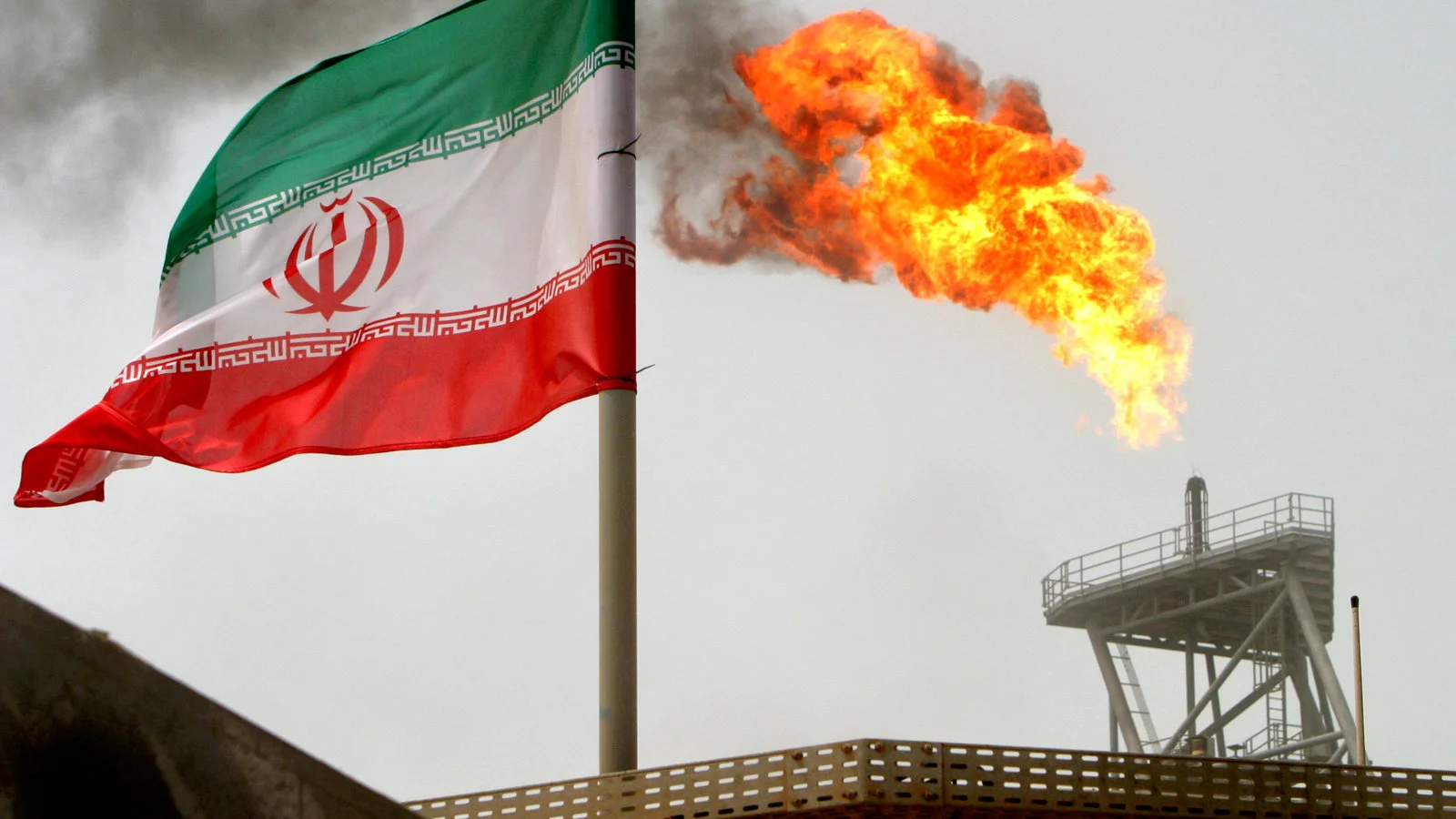Petroleum Product Prices Reduced In Pakistan
The Petroleum Product Prices Reduced by the federal government of Pakistan. New rates will apply for the next 15 days. The reduction is expected to bring relief to the public, as the cost of essential fuels has significantly dropped. The government has kept the price of petrol at Rs 252.10 per liter. It has reduced the price of high-speed diesel by Rs 3.5, bringing it down to Rs 255.38 per liter. The government has also lowered the price of kerosene oil by Rs 3.32, reducing its cost to Rs 161.66. Additionally, the price of light diesel has dropped by Rs 2.78, now costing Rs 148.95 per liter.
This reduction in petroleum product prices is part of the government’s bi-weekly revision process. The Ministry of Finance issued a notification confirming the new prices, effective from noon. This follows a price hike between December 1 and December 15, when petrol and diesel prices rose. Despite the hike, the government decided to reduce petroleum product prices. Consumers and the economy view this as a positive step. The reduction in prices is expected to benefit both the public and the broader economy.
Determining the prices of petrol and diesel in Pakistan is a complex process, involving several global and local factors. International crude oil prices, the exchange rate of the Pakistani rupee against the US dollar, and government-imposed taxes play significant roles in shaping the final prices of petroleum products. The government’s decision to reduce these prices provides some relief to consumers, especially given the inflationary pressures that rising fuel costs often create.
People expect that the reduction in petroleum product prices will have a direct impact on transport and inflation. As a result, lower fuel prices reduce transportation costs, which, in turn, can lower the prices of goods and services. Consequently, this supports economic growth. Furthermore, by easing business costs, inflation may slow, thereby promoting sustainable growth.
In conclusion, the recent reduction in petroleum product prices by the government offers a much-needed break to the public, easing transportation costs and supporting economic stability. As prices fluctuate every 15 days, the government’s ability to manage this process effectively will continue to have significant implications for Pakistan’s economy.












